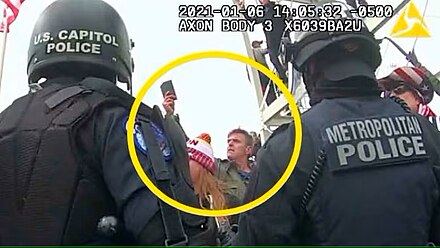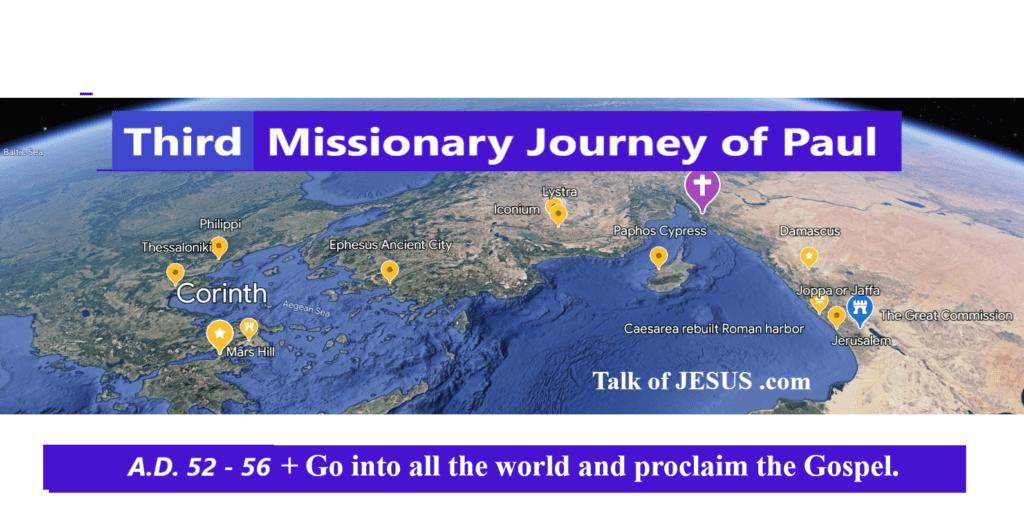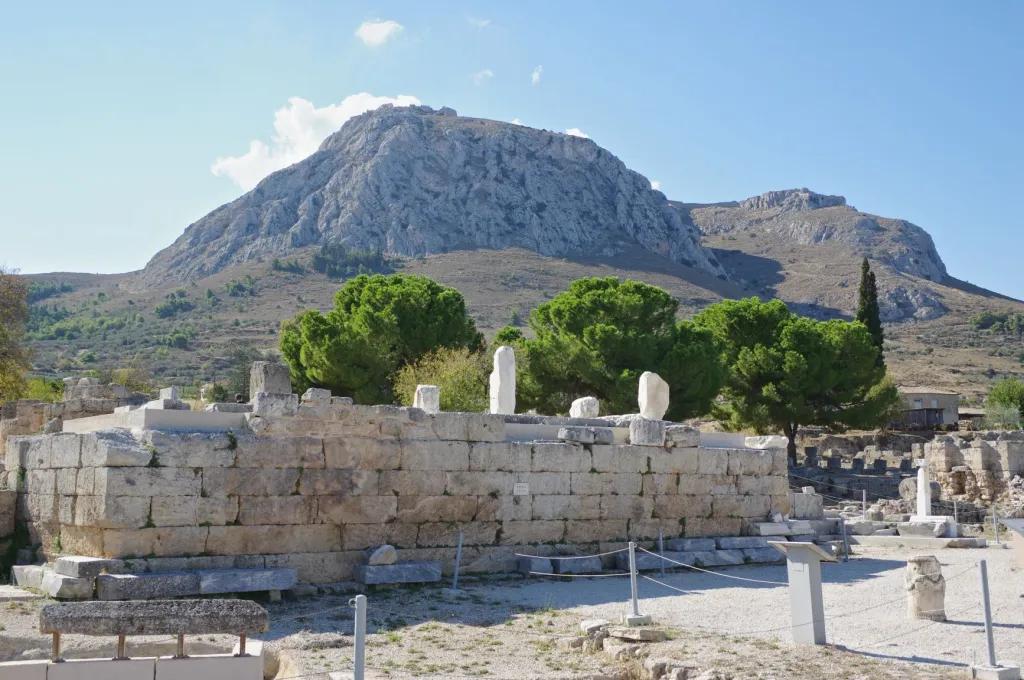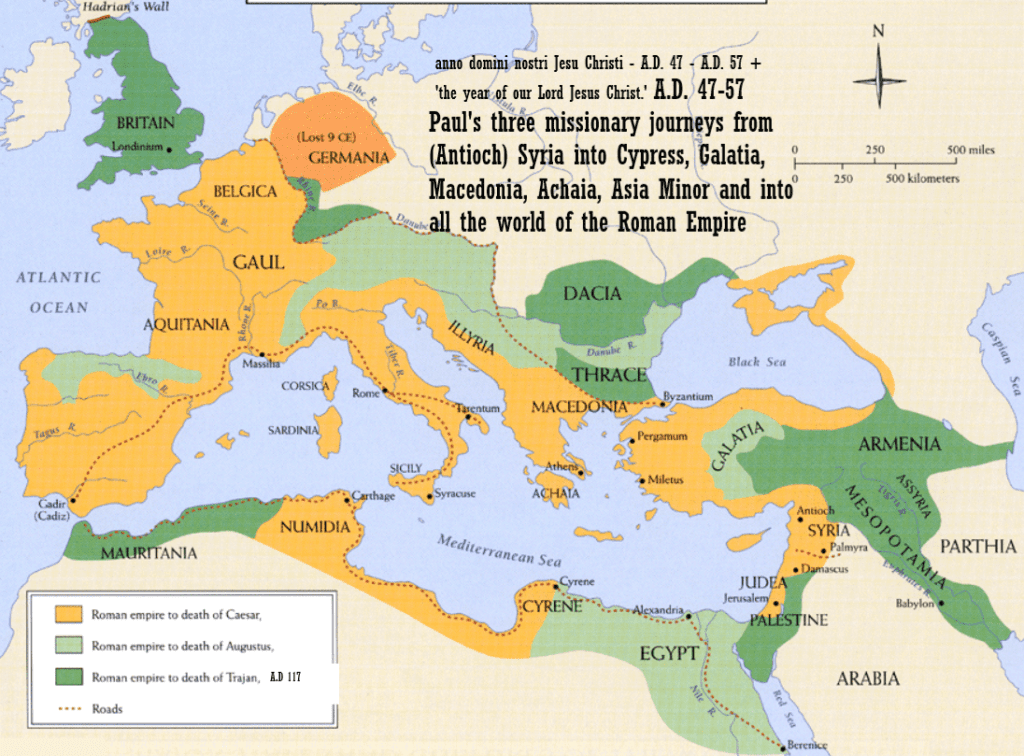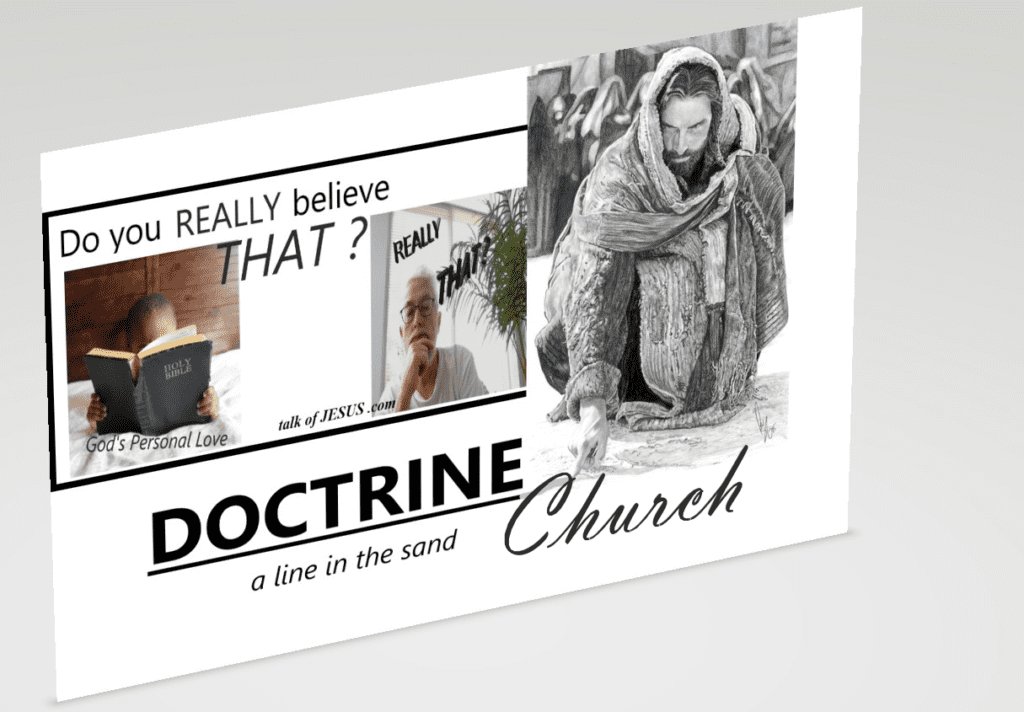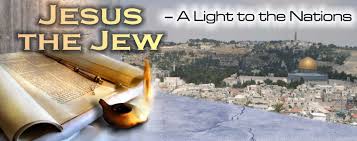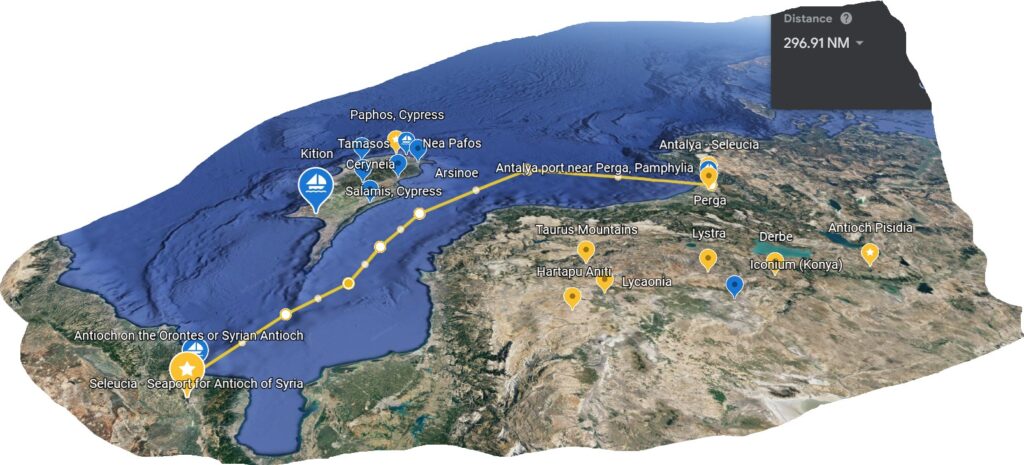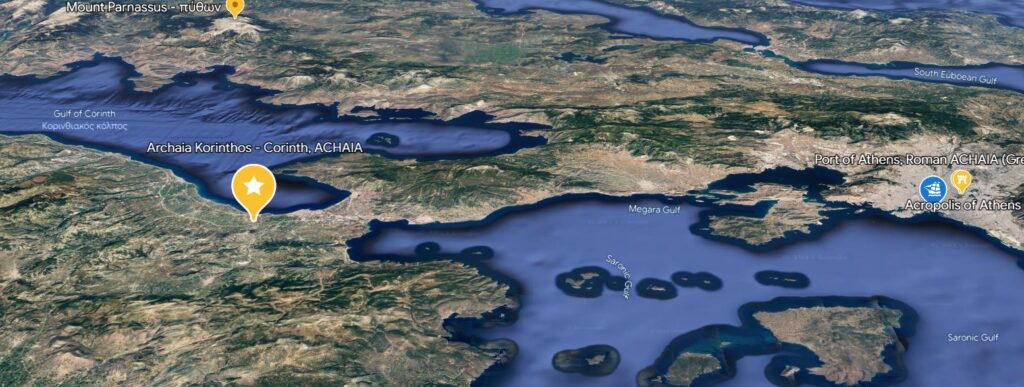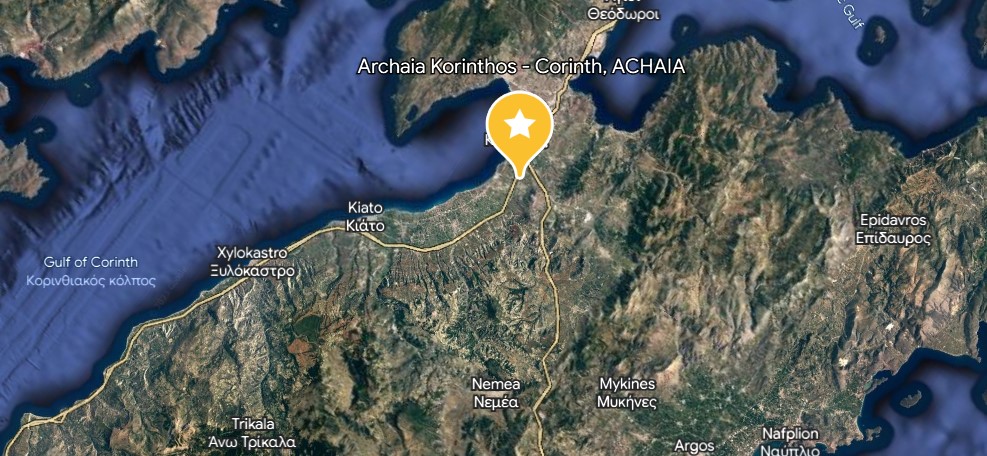RIOT TODAY IN EPHESUS!
– READ all about it.
The NEWS headline could have been from TODAY! But first we return to this riot mentioned in our last edition and Luke’s account of Acts 19.
“Great is Diana of the Ephesians!”
The city was filled with the uproar, and the crowd rushed to the theater together, dragging with them Gaius and Aristarchus, the Macedonians who were Paul’s traveling companions.
Acts of the Apostles 19:29 New English Translation
Some accounts begin: So the whole city was filled with confusion, while other accounts of the incident refer to this riot simply as an uproar.
And for the testimony of our trial later note its participants: the CROWD (who all rushed to the theater together) and two outsiders from Macedonia (Gaius and Aristarchus).

This ‘trial‘ of these outside agitators in the public stadium (think of it as the social media outlets of the day) should solve the town’s local political problem.
These free-speaking men (shouting down the acts of these disciples of Jesus) stormed the Roman court with two Macedonians they had already convicted by majority mob rule.
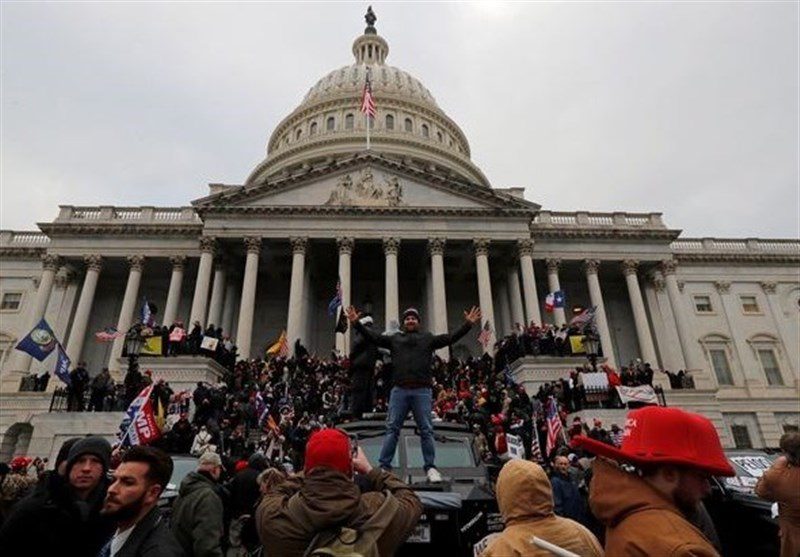
READ some earlier accounts of recent events leading up to the riot (the A.D. 1st c. riot in Ephesus, that is). AND note the outsiders who come and go with Paul.
- 23 .. Paul left and went through the region of Galatia and Phrygia, strengthening all the disciples.
- 24 Now a Jew named Apollos, a native of Alexandria, arrived in Ephesus..
- 26 ..Priscilla and Aquila (having arrived ahead of Paul) heard him..
- 27 [Apollos leaves Ephesus to] cross over to Achaia..
ACTS 19:
and when Paul placed his hands on them, the Holy Spirit came upon them, and they began to speak in tongues and to prophesy. (Now there were about twelve men in all.)
So Paul entered the synagogue and spoke out fearlessly for three months, addressing and convincing them about the kingdom of God.
Acts of the Apostles 19:6-8 NET
- 9 .. he left them and took the disciples with him, addressing them every day in the lecture hall of Tyrannus. This went on for two years..
- * NOTE that the events leading up to this riot went back more than two years.
- .. so that all who lived in the province of Asia [of which Ephesus is its Roman political capital], both Jews and Greeks, heard the word of the Lord.
- 14 (Now seven sons of a man named Sceva, a Jewish high priest, were doing this.)
- 17 This became known to all who lived in Ephesus, both Jews and Greeks; fear came over them all, and the name of the Lord Jesus was praised.
- 18 Many of those who had believed came forward, confessing and making their deeds known.
- 19 Large numbers of those who had practiced magic collected their books and burned them Inup in the presence of everyone. When the value of the books was added up, it was found to total fifty thousand silver coins.
- [Paul] .. after sending two of his assistants, Timothy and Erastus, to Macedonia, he himself stayed on for a while in the province of Asia [and presumably in its capital Ephesus for the most part].
Inciting the riot of the day
THIS all leads up to what Luke describes as ‘NO SMALL DISTURBANCE’ concerning ‘the WAY’ or disciples (all followers) of the Lord Jesus Christ.
We have heard of these incidents before.
Thessalonica & Berea in Macedonia
But the Jews, becoming jealous, taking along some wicked men from the marketplace, and forming a mob, set the city in an uproar.. they began dragging Jason and some brothers before the city authorities, shouting,
“These men who have upset the world have come here also.. And they disturbed the crowd and the city authorities who heard these things.
Acts of the Apostles 17:5a,6b,8
But when the Jews of Thessalonica found out that the word of God had been proclaimed by Paul in Berea also, they came there as well, shaking up and disturbing G5015 the crowds.
Acts 17:13 LSB
Trial of the ACTS 19 Riots in Ephesus
And the city was filled with the confusion, and they rushed with one accord into the theater, dragging along Gaius and Aristarchus, Paul’s traveling companions from Macedonia.
And when Paul wanted to go into the [people of the] assembly, the disciples would not let him. Also some of the [*] Asiarchs who were friends of his sent to him and repeatedly urged him not to venture into the theater.
* These are Political or religious officials of the province of Asia, likely some Roman and others Jewish converts of The Way.
32 So then, some were shouting one thing and some another, for the [*] meeting was in confusion..
* Some Bibles translate this gathering of citizens as 'assembly,' from a word familiar to many Christians: ekklēsia
.. and the majority did not know for what reason they had come together.
Centuries of riots and wars, refugees and massacres
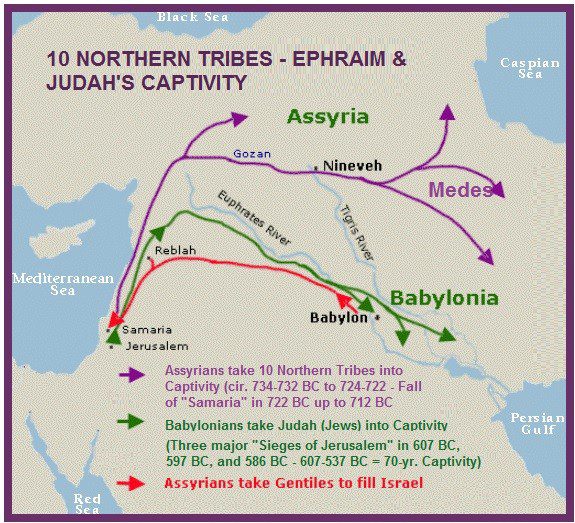
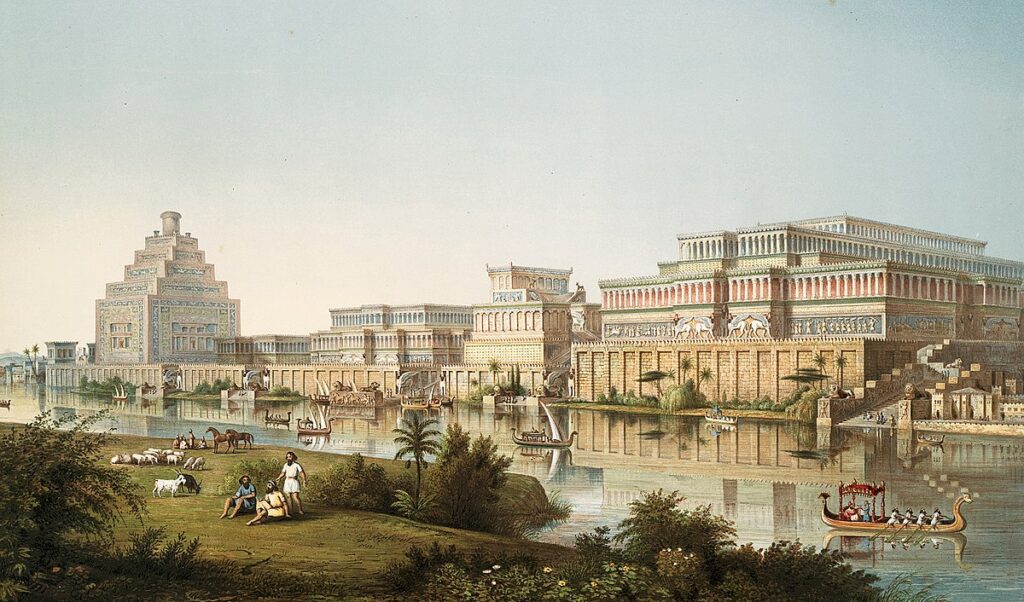
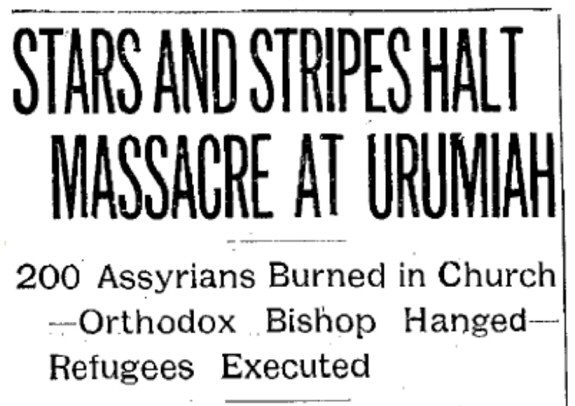
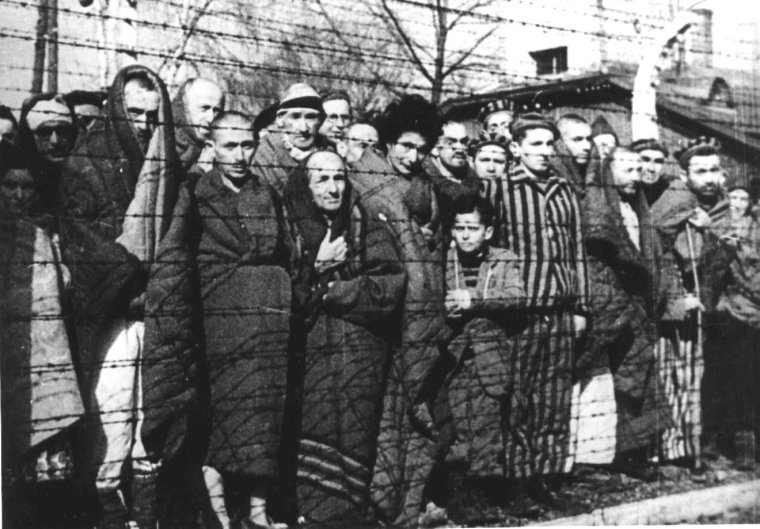




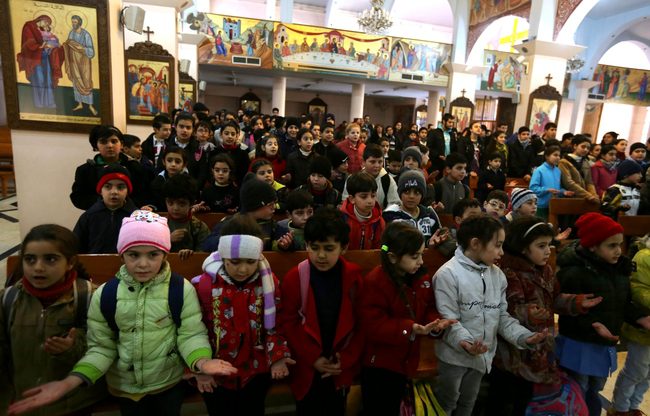
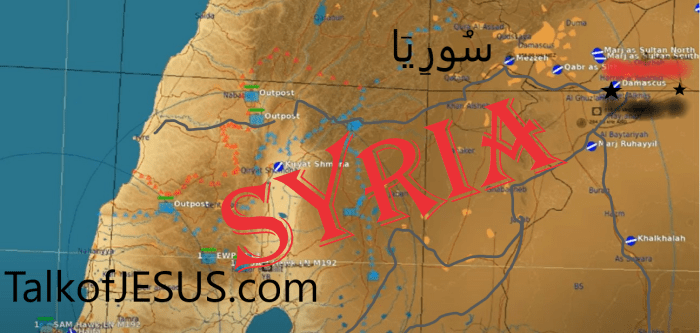
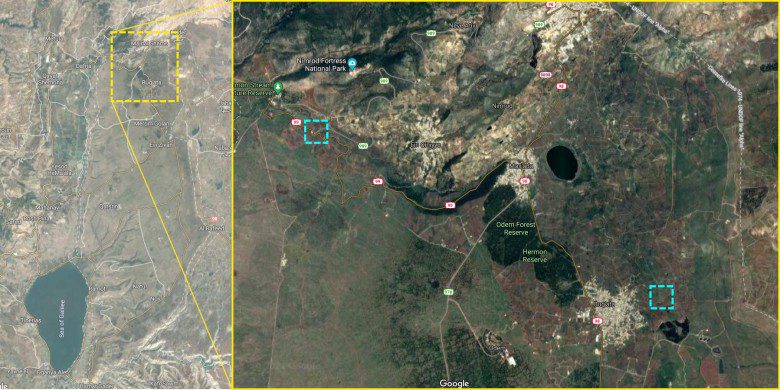


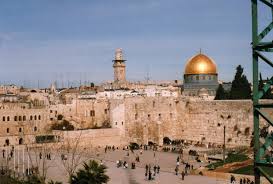
But when they recognized that he was a Jew, a single cry arose from them all as they shouted for about two hours..
Acts of the Apostles 19:34a – at the riot in Ephesus
Undeniable Facts
35 Now after calming the crowd, the city clerk said..
‘So, since these are undeniable facts, you ought to keep calm and to do nothing rash. For you have brought these men here who are neither robbers of temples nor blasphemers of our goddess.’
“So then, if [your leader and you] have a complaint against anyone, the courts are in session and proconsuls are available; let them bring charges against one another. But if you want anything beyond this, it shall be settled in the [scheduled] lawful meeting.
Sometimes riots END as quickly as they begin IF sensible leadership prevails over the CROWDS incited by hatred into a frenzy of lawlessness and sin. (Of course at other times sin simmers beneath the surface until it erupts into something worse -- even war.
“For indeed we are in danger of being accused of a riot [stasis] in connection with today’s events, since there is no cause for which we can give as an account for this disorderly gathering.”
Acts of the Apostles 19:40 LSB
And when he had said these things, he dismissed the assembly.
After the uproar ceased, Paul sent for the disciples, and after encouraging them, he said farewell and departed for Macedonia.
Acts of the Apostles 19:41-20:1 ESV
στάσις – stasis – From the base of ἵστημι (G2476)
The KJV translates Strong’s G4714 in the following manner: sedition (3x), dissension (3x), insurrection (1x), uproar (1x), standing (1x).
Eleven (11) other versions of the Bible translate this simply as a riot.
Contemporary applications to this lesson from first century Ephesus — in a Greek culture accommodating Jews and other religions under a heavy hand of a pagan Roman Empire and its governors with the power to judge and execute whom they will — consider one further application from the Greek root of this word:
A word of warning from Scripture received by the Apostle John a few years later near the end of the first century.
Then I saw the dead, the great and the small, standing G2476 before the throne, and books were opened; and another book was opened, which is the book of life. And the dead were judged from the things which were written in the books, according to their deeds.
Revelation of Jesus Christ to John 20:12 LSB
ACTS of the Apostles – The Third Missionary Journey of Paul —
To Be Continued… in Macedonia, God-willing…
